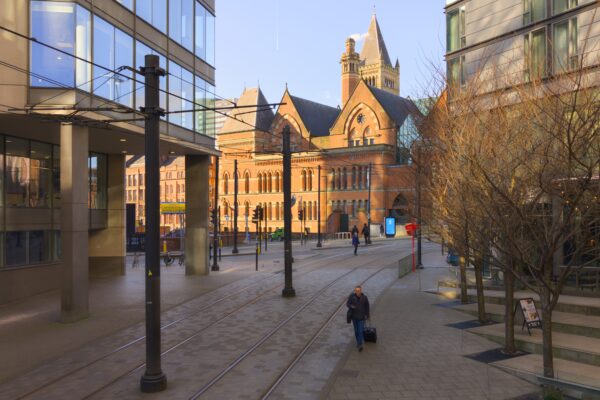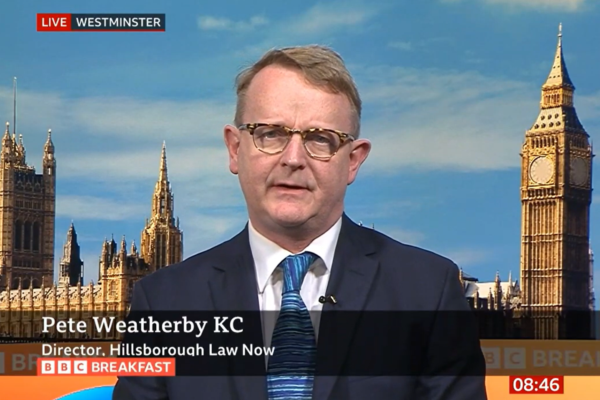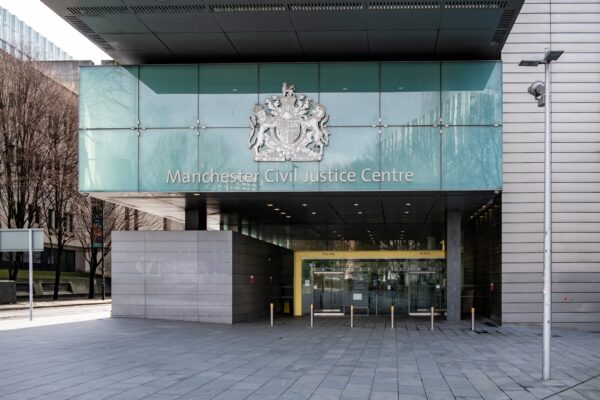Legal Aid Agency criticised for failure to grant legal aid for three judge Upper Tribunal appeals
13 August 2014
In a recent employment support allowance (ESA) appeal, JC v Secretary of State for Work and Pensions (ESA) (Employment and support allowance : Post 28.3.11. WCA activity 16: coping with social engagement) [2014] UKUT 352 (AAC), a three judge Upper Tribunal panel were critical of the Legal Aid Agency (LAA) for their failure to grant legal aid both on this occasion and more generally in three judge Upper Tribunal appeals.
In their judgment, Mr Justice Charles, (Chamber President of the Administrative Appeals Chamber of the Upper Tribunal), Nicholas Warren (Chamber President of the General Regulatory Chamber of the First-tier Tribunal) and Mark Rowland (Judge of the Upper Tribunal) said:
63. “More generally we take this opportunity to invite the Legal Aid Agency in other cases where a three judge panel of the Upper Tribunal (AAC) has been convened to hear an appeal to take account of the following:
(i) Paragraph 3(a) of the Senior President’s Practice Direction relating to the composition of that tribunal and thus the reasons why the Senior President or the Chamber President can direct a three judge panel. They are that: “… the matter involves a question of law of special difficulty or an important point of principle or practice, or that it is otherwise appropriate …” for there to be a three judge panel.
(ii) These directions are not made lightly. When they are the legal issues involved will be of that nature, the appeals will involve individuals and the Secretary of State and decision making will be greatly assisted by written and oral argument.
(iii) The role of the Upper Tribunal (AAC) in setting precedent and thus consistency of decision making by First-tier Tribunals in respect of claims for benefits, and thus the wide impact of its decisions on cases heard by First-tier Tribunals.
(iv) The great advantage of resolving differences between decisions of single Upper Tribunal judges by a decision of a three judge panel. This is based on the long standing practice that three judge panel decisions will be followed by both the Upper Tribunal and the First-tier Tribunal. That practice avoids the need for such differences between single judges to be determined by the Court of Appeal and so greatly reduces the number of appeals to that court.
(v) The fact that the above points indicate that the grant of legal aid in cases to be heard by a three judge panel is likely to be of great assistance to the Upper Tribunal in resolving difficult and important issues of law that, subject to further appeal to the Court of Appeal, will create precedent and thereby assist in the correct determination of a large number of other cases by the Department and First-tier Tribunals.
Garden Court North Chambers’ Tom Royston represented the second claimant pro-bono, instructed by Kirklees Law Centre.





